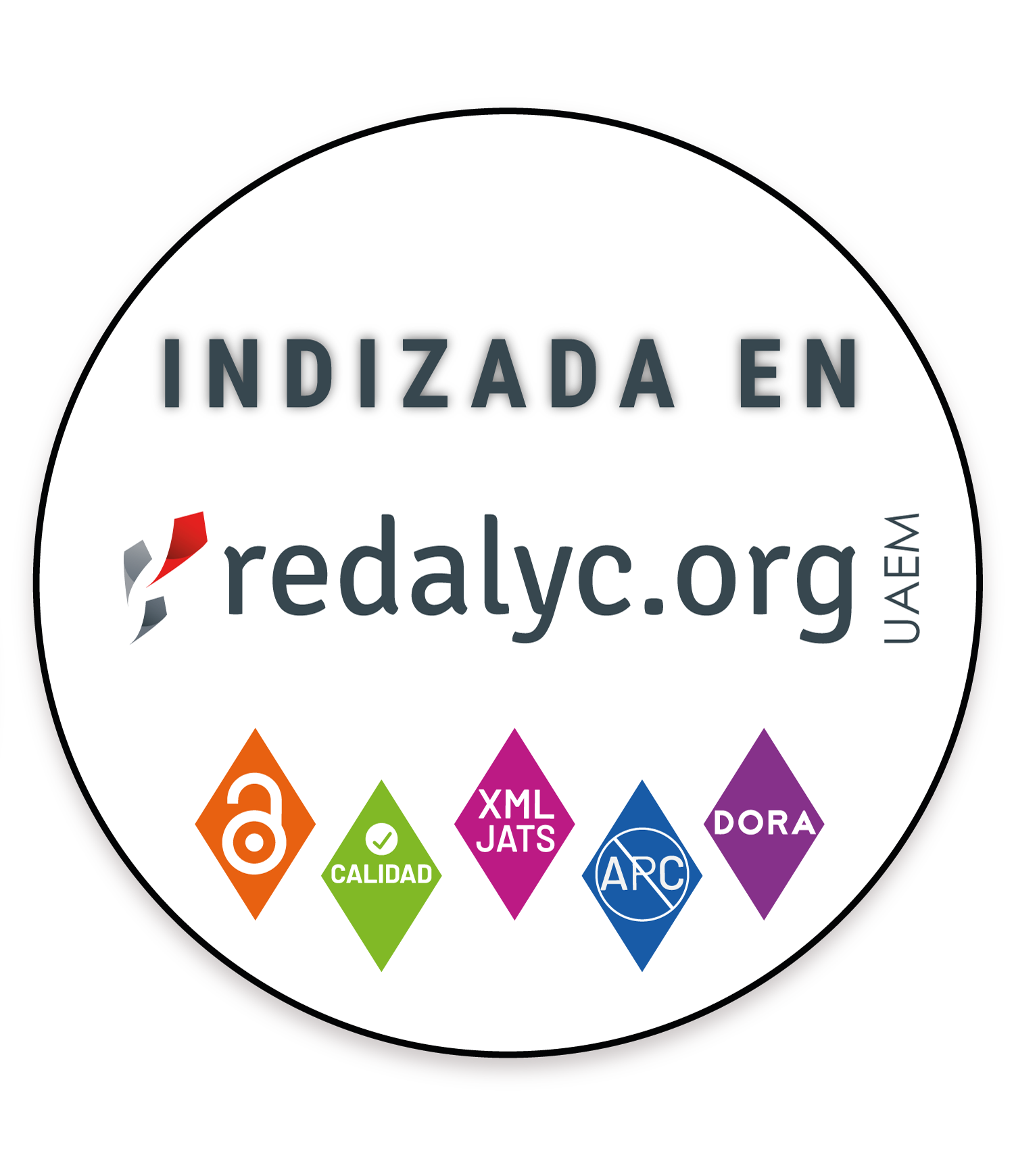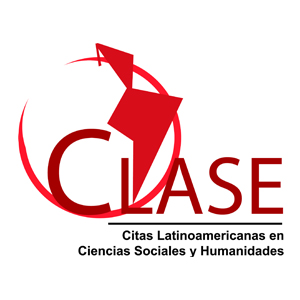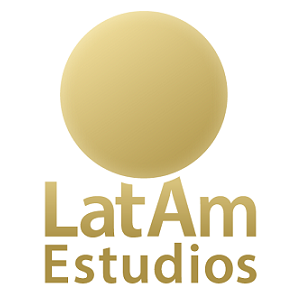¡VIVA NUESTRO REY FERNANDO! TEATRO, PODER Y FIESTA EN LA CIUDAD COLONIAL DE CARTAGO, PROVINCIA DE COSTA RICA (1809). UNA CONTRIBUCIÓN DOCUMENTAL
En el presente artículo se transcribe el texto original de la obra de teatro escrita para ser representada en la Plaza Mayor de la ciudad de Cartago, capital de la Provincia de Costa Rica, con motivo de la jura y proclamación de Fernando VII como nuevo rey de España y de las Indias, en la noche del lunes 23 de enero de 1809. En la trama figuraban pocos personajes: las cuatro virtudes cardinales (Justicia, Prudencia, Fortaleza y Templanza) que hacen de jueces; el verdugo Siclaco; Napoleón representado por un muñeco “estafermo”, y el Demonio que viene por el monigote. Y a pesar de que allí no apareció por ningún lugar la figura o efigie del rey distante y cautivo en Francia, el objeto central de la puesta en escena era conmemorar su nombre en detrimento del de Bonaparte. Esta actividad respondía a las festividades realizadas en honor del monarca y que fueron registradas en el libro de actas del Cabildo o Ayuntamiento de Cartago.
Palabras clave
Jura de obediencia, Teatro, Poder, Fiestas Reales, Cartago colonial, Plaza Mayor, Costa Rica, Rey Fernando VII, Napoleón Bonaparte, Siglo XIX
¡VIVA NUESTRO REY FERNANDO! DRAMA, POWER AND ROYAL FEASTS AT THE COLONIAL CITY OF CARTAGO, COSTA RICA (1809).
A DOCUMENTARY CONTRIBUTION
ABSTRACT
In this article the original text of the written play to be performed in the Plaza Mayor at Cartago city was transcribed in the occasion of the oath of obedience and proclamation of Fernando VII as the new King of Spain and the Indies, on the night of Monday, January 23rd, 1809. The plot included few characters, known as, the four cardinal virtues (Justice, Prudence, Strenght and Temperance) and as the judges; the executioner Siclaco; Napoleon represented by “dummy” doll, and the Devil that comes for the rag doll. And despite the character of the distant and prisoner King or effigy in France was nowhere to be seen, the central purpose of the staging was to remember his name in detriment of Bonaparte`s. This activity was organized in the honor of the Monarch and was recorded in the Minutes Book of the Council of Cartago
Key words
Oath of Obedience, Theater , Power , Royal Feasts , Colonial Cartago, Main Square ,Costa Rica, King Ferdinand VII , Napoleon Bonaparte , 19 Th Century
Visitas al artículo
Downloads
© Universidad del Atlántico. Los originales publicados en las ediciones impresa y electrónica de Historia Caribe, ISSN 0122-8803 e-ISSN 2322-6889, son propiedad de la Universidad del Atlántico, siendo necesario citar la procedencia en cualquier reproducción parcial o total.
Salvo indicación contraria, todos los contenidos de la edición electrónica se distribuyen bajo una licencia de uso y distribución “Creative Commons Reconocimiento-No Comercial 4.0 Internacional” (CC-by-nc). Puede consultarse en https://creativecommons.org/licenses/by-nc/4.0/





















